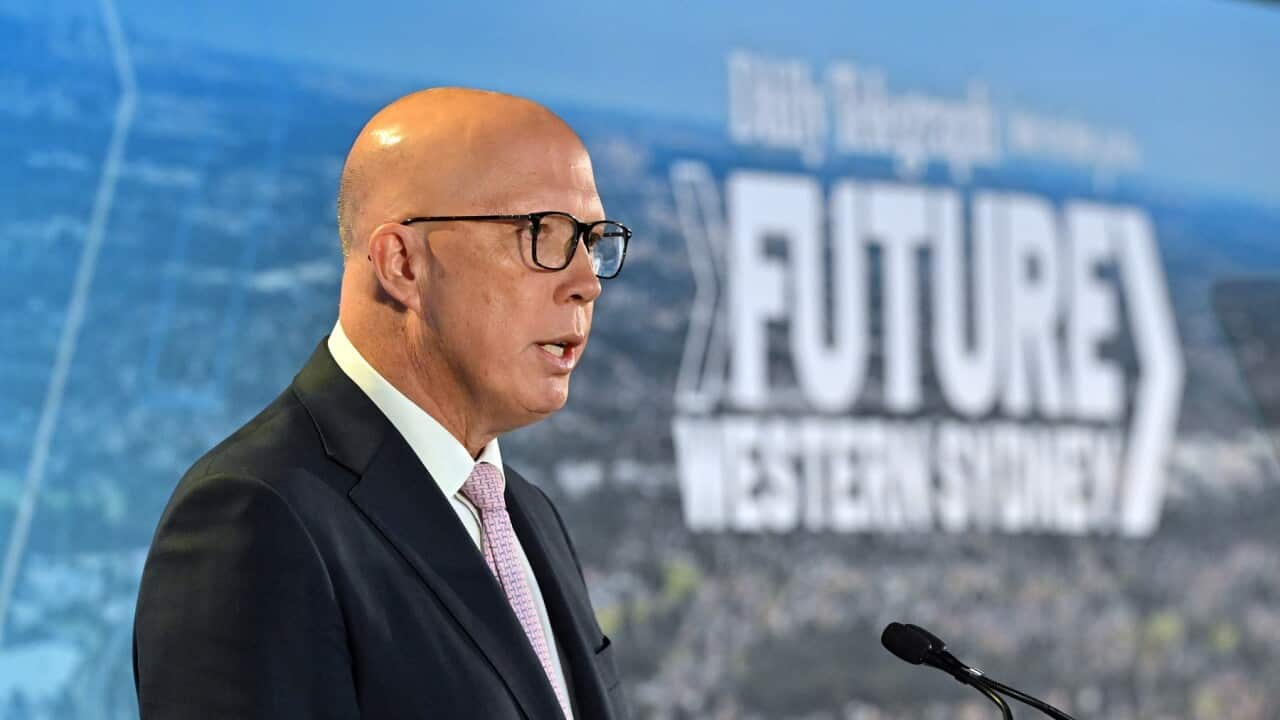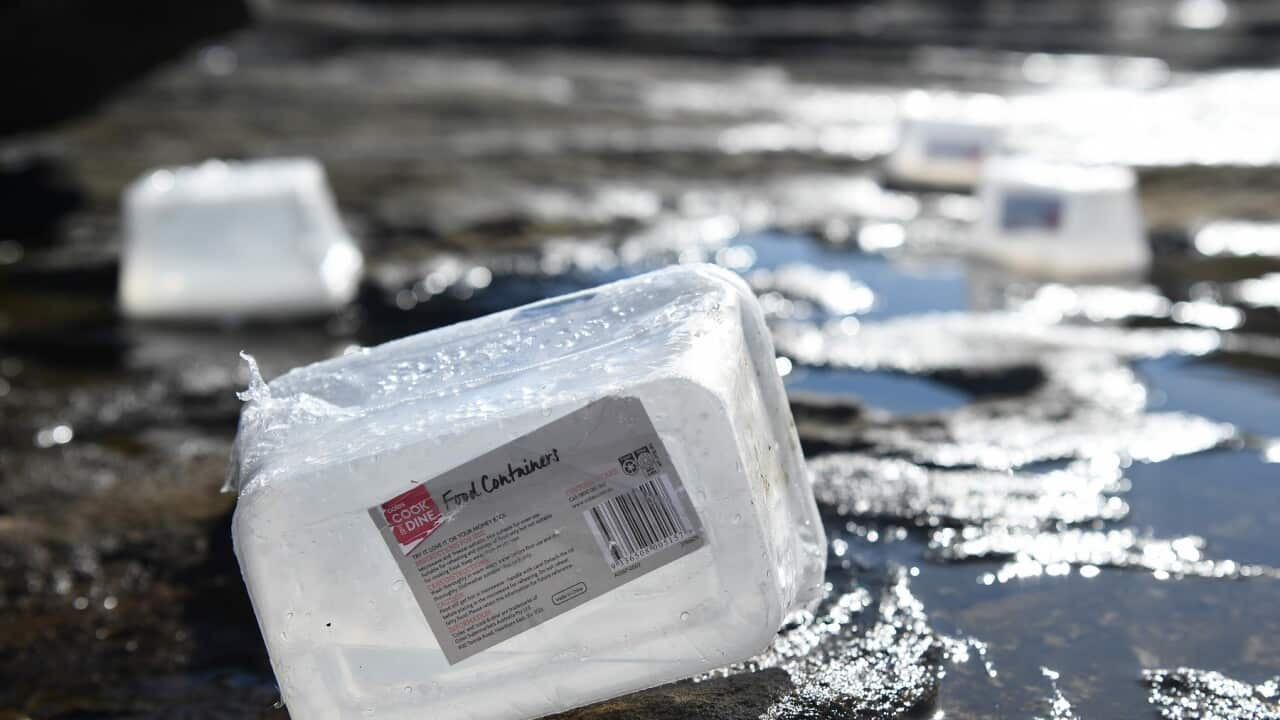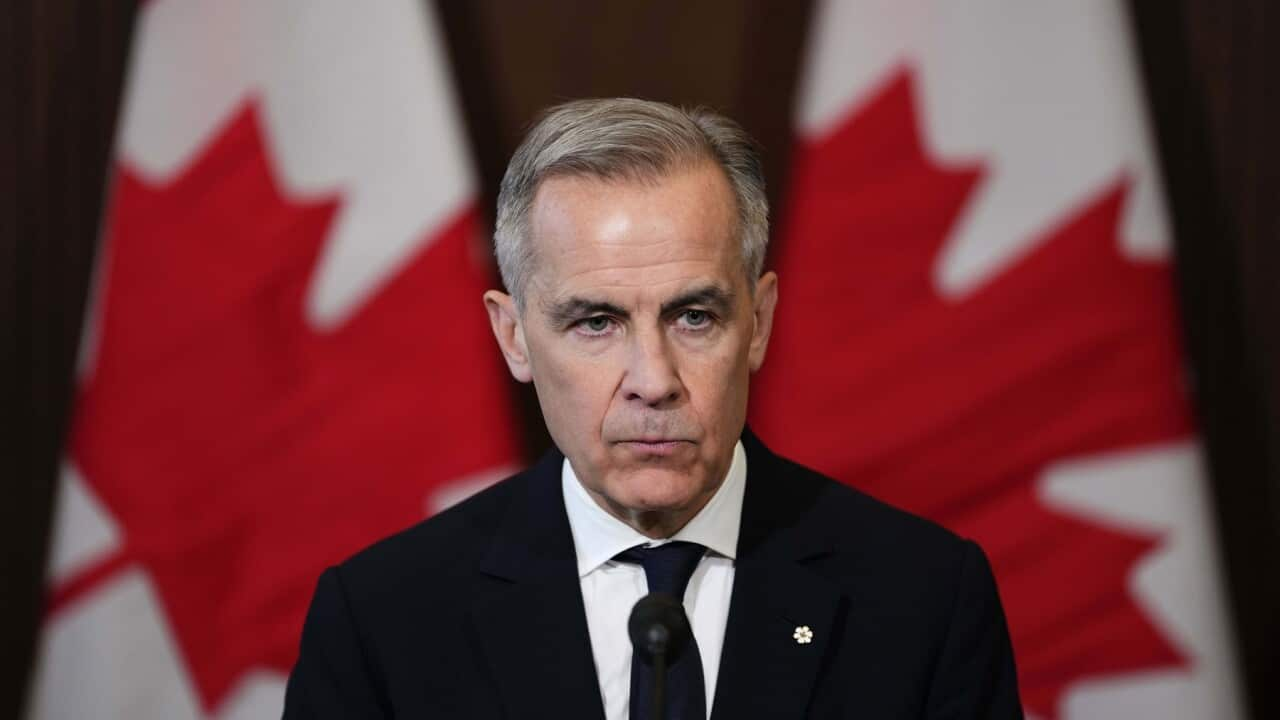TRANSCRIPT
Prime Minister Anthony Albanese is set to begin his visit to Beijing today as icy diplomatic relations between Australia and China are beginning to thaw.
Mr Albanese's four-day tour of the country is the first time an Australian prime minister has visited the Asian nation since 2016, with his efforts aimed at improving the relationship with Australia's most significant trading partner.
But a lot has changed in that relationship since China's leader Xi Jinping addressed Australia's parliament back in 2014 and struck a vital trade agreement with the Abbott government.
"On behalf of the Chinese government and people and in my own name, I wish to extend warm greetings and best wishes to you and through you to all the Australian people."
The national security decision to ban China's tech company Huawei from Australia's 5-G networks and the Morrison government's call for an investigation into the origins of COVID-19 were key moments that soured the relationship.
This led to the establishment of more than $20 billion in trade tariffs on Australian exports like barley, beef, coal, lobster and wine.
But there has been progress and a shift in tone since Anthony Albanese's election in 2022.
"What I've said about China is that we'll cooperate where we can and we'll disagree where we must. But we will engage in our national interest. One in four of Australia's export dollars is dependent on the China relationship."
Mr Albanese says he plans to heal wounds between the two countries on his trip but is also not afraid to disagree with leader Xi Jinping.
Those disagreements include raising human rights abuses in China, and individual consular cases, as well as espionage and intellectual property theft.
Recently, there have been positive developments with the release of jailed journalist Cheng Lei, who is now back in Australia, but there have been renewed calls for advocacy on behalf of Australian writer Yang Hengjun who is jailed in China.
Dr Yang's children have urged Mr Albanese to negotiate the release of their father, a writer and democracy activist who was jailed in 2019 on espionage charges and suffers serious health issues.
Deputy Leader of the Opposition Sussan Ley says the Prime Minister should not prioritise repairing diplomatic relations over raising issues that concern Australians.
"Front and centre he has to know that Australians expect him to make the strongest possible representations to both the president and the prime minister about Dr Yang who is being held in detention most unfairly. Unauthorised detention, for four years, in a tiny cell, without natural sunlight. A man who is clearly very unwell."
China's reduced trade tariffs remain in place but now affect less than a billion dollars in trade exports.
But China is also looking to enter the comprehensive progressive Trans-Pacific Trade Partnership which is an economic pact that was designed to counter Beijing's influence.
Mr Albanese says the country must first demonstrate its commitment to the free-flowing of trade as per international norms.
"On trade issues, it's important that China show that it supports trade and any impediments don't hit in that direction to trade. So that's important that China shows the world that does believe in trade, according to international norms."
There are no new deals or agreements expected to be reached during the diplomatic visit, as Anthony Albanese says the primary focus is about stabilising the Australia-China relationship and keeping the peace in an Indo-Pacific region that's become increasingly militarised and precarious.













